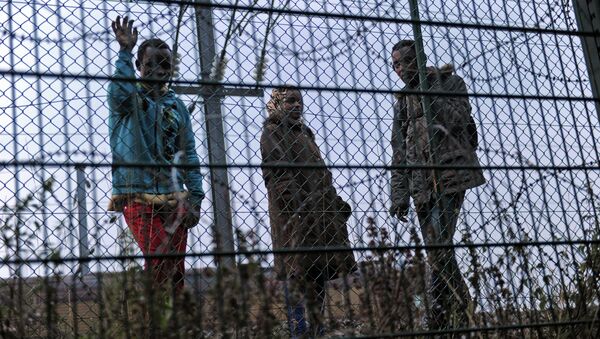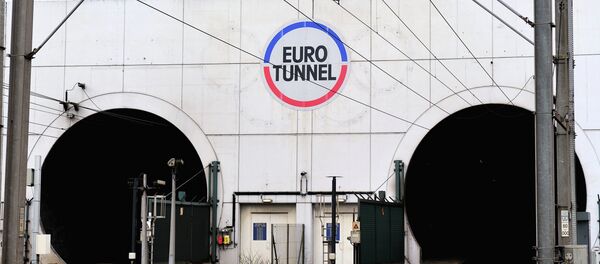He told the Suddeutsche Zeitung that the European migrant crisis had called into question the whole philosophy of the EU. He said the lack of a cohesive answer to the migrant crisis poses "a significant political risk for the EU as a whole.
"And that threatens to extend the already existing trend towards loss of solidarity and disintegration within the EU, which triggered by the economic and financial crisis since 2009, to further endanger the cohesion of the community," he said.
He also told Social Europe: "There are three distinct causes of the current migration to Europe: the Western Balkans’ continuing economic malaise; the turmoil in the greater Middle East; and Africa’s civil wars and conflicts. Intensification or expansion of the war in eastern Ukraine would quickly add a fourth cause of flight.
"In other words, all of the migration that Europe currently faces is rooted in grave crises in its own neighborhood. And yet the EU can do little to address any of them. Clearly, the EU must substantially strengthen its Common Foreign and Security Policy, including the European Neighborhood Policy, in order to address more effectively the causes of migration at the source.
"Perhaps the only failure more glaring than the member states’ refusal to back such reforms is their own failure to act, not least because it has created a legitimacy vacuum that xenophobic populists are now filling," he said.
Freedom of Movement at Risk
His comments come on the back of similar comments from other politicians and observers. Stephen Booth, co-director of Open Europe think tank, said: "The mounting migration crisis inside and outside the EU’s borders has the potential to trigger a major rethink about not only asylum policy but policies on free movement within the EU itself.
"While this is all speculative at this stage, after months of the UK being told that EU free movement is not up for discussion, we could see growing political pressure elsewhere in the EU for change on this front," he said.
One of German Chancellor Angela Merkel’s close allies, interior minister Thomas de Maiziere, said: "I’m in favor of free borders, I’m a committed European, but if other European states don’t adhere to the law and the Dublin system no longer works, then we need another system that works. Control-free borders cannot exist in the long term without a real European asylum policy."






